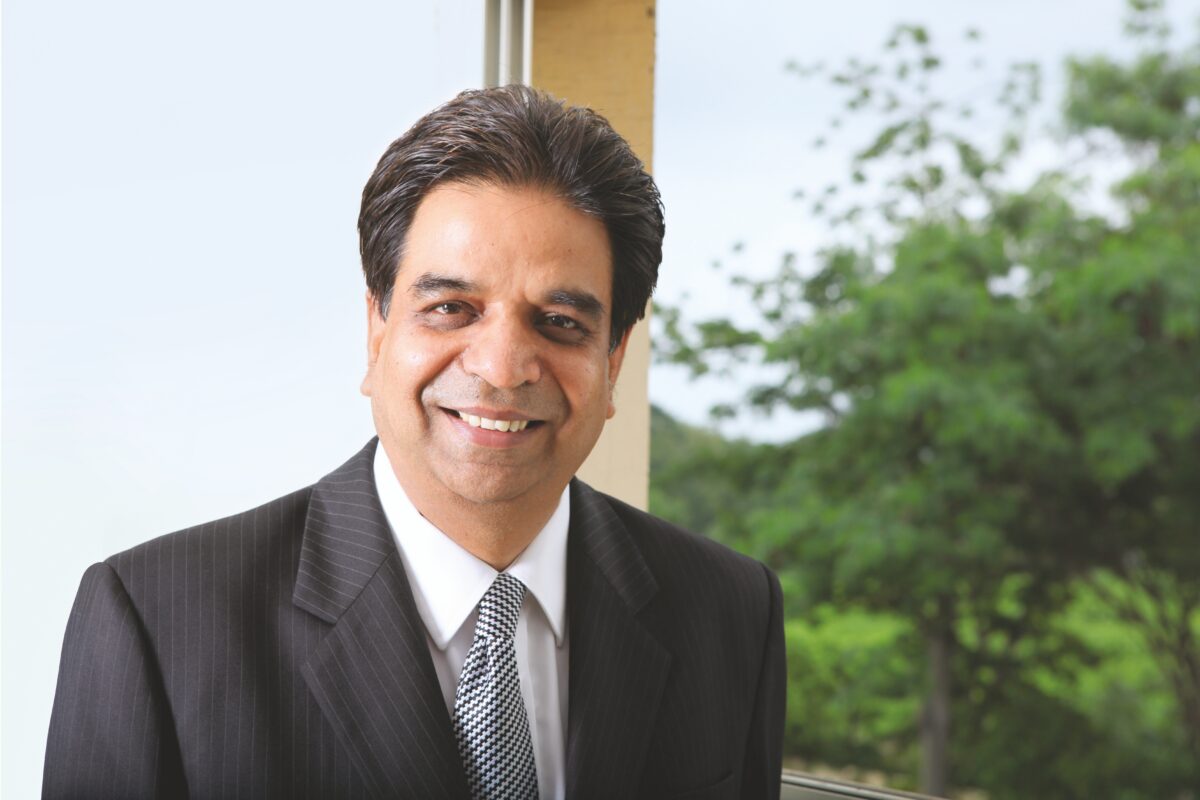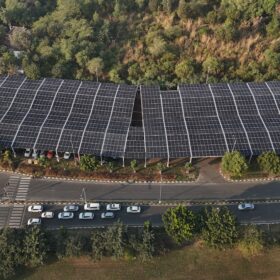Shakti Pumps (India) Ltd has successfully concluded its qualified institutions placement (QIP) issue, raising INR 292.60 crore from institutional investors.
The company will utilize the proceeds to establish a greenfield 2.2 GW high-efficiency solar DCR (domestic content requirement) cell and module manufacturing plant in Pithampur, Madhya Pradesh, through its subsidiary, Shakti Energy Solutions Ltd. The in-house solar cell manufacturing will allow Shakti Pumps greater control over the entire value chain.
The QIP issue received an overwhelming response from existing and new prominent institutional investors.
The QIP issue was priced at INR 918.00 per share, a 4.97% discount to the Sebi floor price of INR 965.96.
“We are thrilled by the enthusiastic response to our QIP issue,” said Dinesh Patidar, chairman, Shakti Pumps (India). “This successful fundraising underscores the trust our investors have in our business model and growth strategy. We are eager to leverage these funds to advance our growth initiatives and enhance value for all stakeholders.”
This content is protected by copyright and may not be reused. If you want to cooperate with us and would like to reuse some of our content, please contact: editors@pv-magazine.com.









1 comment
By submitting this form you agree to pv magazine using your data for the purposes of publishing your comment.
Your personal data will only be disclosed or otherwise transmitted to third parties for the purposes of spam filtering or if this is necessary for technical maintenance of the website. Any other transfer to third parties will not take place unless this is justified on the basis of applicable data protection regulations or if pv magazine is legally obliged to do so.
You may revoke this consent at any time with effect for the future, in which case your personal data will be deleted immediately. Otherwise, your data will be deleted if pv magazine has processed your request or the purpose of data storage is fulfilled.
Further information on data privacy can be found in our Data Protection Policy.